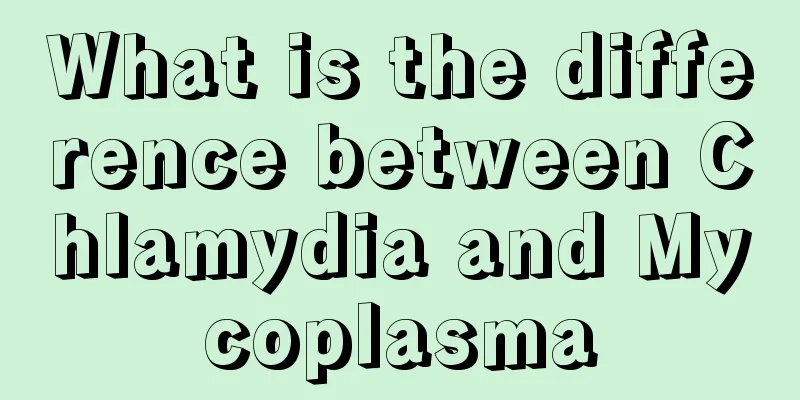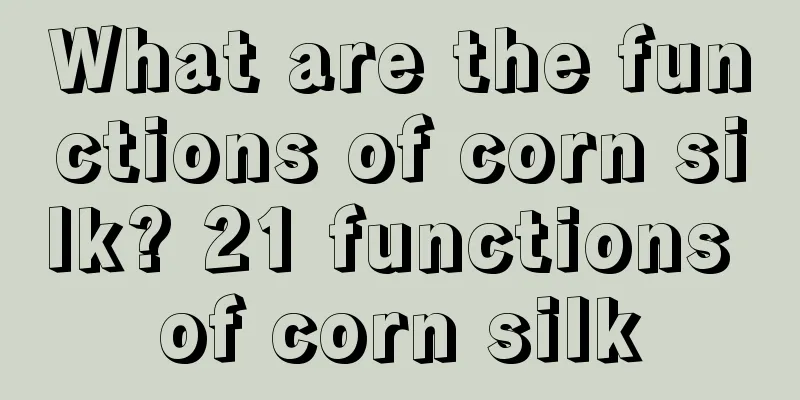Does thyroid cancer need to be completely removed if it has not metastasized?

|
Thyroid cancer that has not metastasized does not necessarily require total thyroidectomy. The specific scope of surgery should be considered comprehensively based on the tumor type, size, pathological characteristics, and specific patient conditions. If it is a micropapillary carcinoma and the risk is low, partial resection can meet the treatment needs; but for high-risk patients, total resection may be safer. 1Determined by the type of thyroid cancer: Thyroid cancer is mainly divided into papillary carcinoma, follicular carcinoma, medullary carcinoma and anaplastic carcinoma. Papillary carcinoma accounts for more than 90% of the cases, and most of them are low-risk types. If the lesion is small and there is no obvious metastasis, only partial thyroidectomy, i.e. resection of the affected lobes, can achieve the therapeutic effect. Medullary carcinoma and anaplastic carcinoma are highly invasive, and even if there is no metastasis, total thyroidectomy is often recommended to reduce the risk of recurrence. 2. Lesion size and distribution: When the tumor diameter is less than 1 cm and confined to one lobe of the thyroid gland, partial resection is generally preferred; when the lesion is larger than 1 cm or involves both lobes, total resection is usually recommended. If preoperative examinations reveal highly suspicious pathological features such as vascular infiltration or extracapsular invasion, even if no metastasis is found, the doctor may recommend total resection to improve safety. 3Other risk factors: The patient's overall health, family history, and the possibility of postoperative follow-up will also affect the choice of surgery. For example, even if patients with familial medullary thyroid cancer have no metastasis, a complete resection is recommended to prevent occult lesions. Similarly, if the patient cannot receive long-term postoperative follow-up and thyroid function monitoring, a complete resection will help reduce the uncertainty of later treatment. 4. Postoperative treatment: Whether partial or total resection is chosen, iodine therapy or long-term use of thyroid hormone replacement drugs such as levothyroxine sodium tablets may be required to maintain normal thyroid function levels. If the postoperative function is greatly affected, regular monitoring of thyroid hormone and thyroglobulin levels is also required to prevent recurrence. The decision on whether to perform a total resection should be based on the characteristics of the disease, preoperative evaluation, and the patient's personal wishes. If you are unsure of the best treatment plan, you should actively communicate with a specialist and receive personalized treatment advice. After clarifying the treatment goals, it is also critical to maintain postoperative follow-up and health management. |
<<: What is the malignancy of secondary chondrosarcoma
>>: Clinical symptoms of right arm bone cancer
Recommend
What are the five specialties of food additives
Food additives are not unfamiliar to many people,...
What to do if your skin is dull and lusterless
Dark and dull skin will make people look very old...
What's wrong with myopia and astigmatism?
Many people with myopia will find such a problem ...
How to floss your teeth
Many people use dental floss to clean their teeth...
Toenails become thicker, this kind of care is effective
Normal toenails are not very thick and are very s...
What to do if my face is allergic, dry and itchy
Both women and men hope that their faces have a r...
Pajamas are the key to women's health and happiness
So, how should women choose a pair of pajamas tha...
My eyes become sunken after wearing glasses for a long time
Nowadays, more and more people are wearing glasse...
What is the best way to treat allergic constitution?
Patients with allergic constitution often have al...
What physical signs does it mean when your feet suddenly become smelly?
Many people have the problem of smelly feet, but ...
Will eating tangerines cause internal heat? How to prevent it?
Satsuma tangerine is a kind of fruit that has bec...
How to treat lung cancer in the elderly? Introduction to the diagnosis methods of lung cancer in the elderly
Generally, if an elderly person gets lung cancer,...
Is it good to wash your hair frequently? Do you know the correct way to wash your hair?
Washing your hair is a manifestation of cleanline...
How to check for early breast cancer
Like other malignant tumors, we can hardly see an...
What are the early symptoms of lung cancer? Don’t ignore the 4 symptoms of early lung cancer
What are the early symptoms of lung cancer? At pr...









